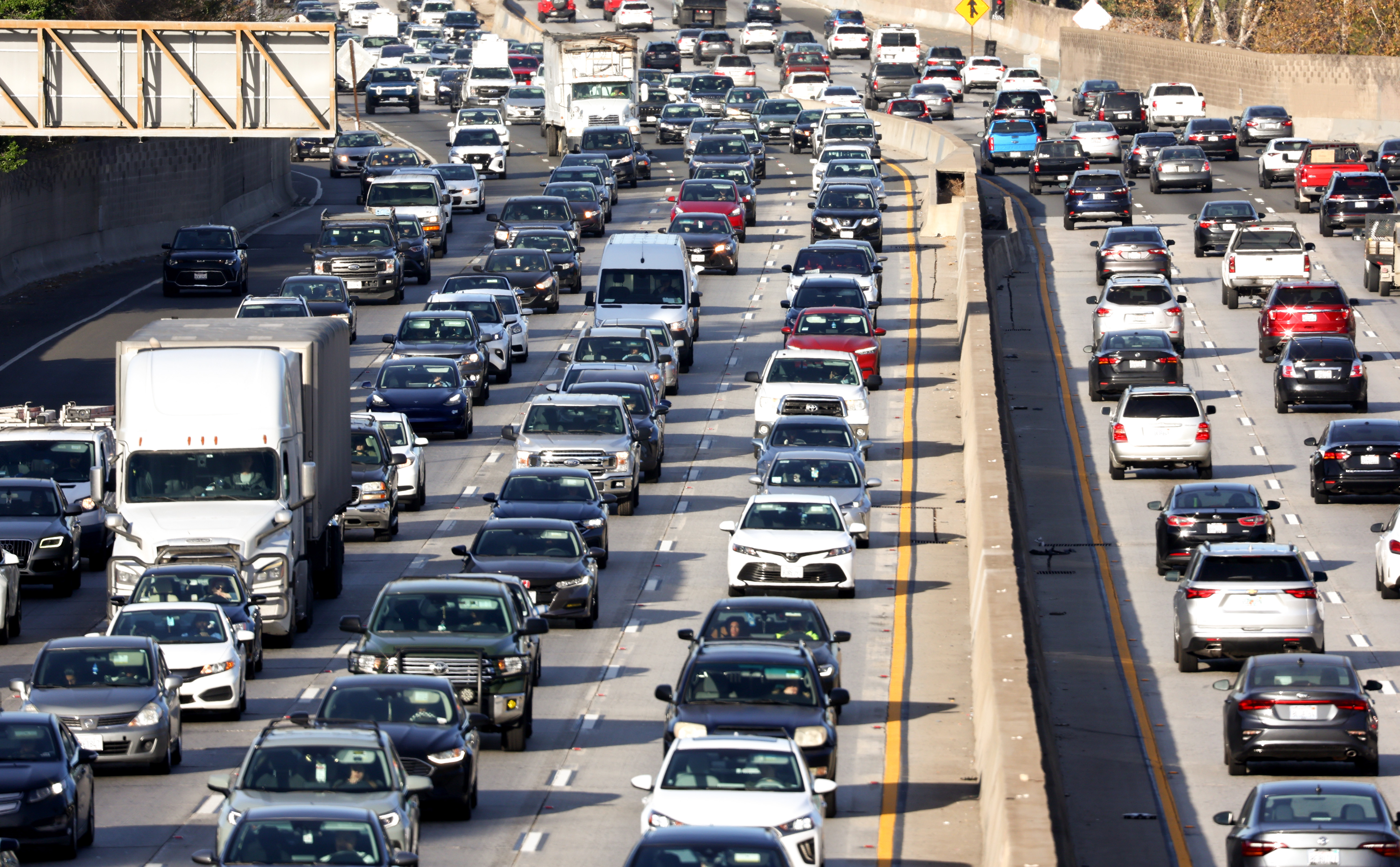Lower-income buyers of electric cars will get a bigger break under California's newest rebate rules, while deals for higher earners will disappear.
Changes to the state's Clean Vehicle Rebate Project went into effect this week for buyers of all-electric, plug-in hybrid and fuel-cell cars.
The tweaks are designed to help reach aggressive goals set by Gov. Jerry Brown and the Air Resources Board to vastly increase the number of zero-emission vehicles on highways, the Los Angeles Times reported.
Click here to view eligible vehicles under the Clean Vehicle Rebate Project.
"We want to see different types of communities adopt these vehicles," said Colin Santulli, senior manager of transportation at the Center for Sustainable Energy, the San Diego nonprofit that administers the state's rebate program. "We hope to see a peer effect, a snowball effect that you see with so many other technologies."
People with household incomes less than or equal to 300 percent of the federal poverty level will receive $4,500 for buying or leasing battery-electric vehicles, $3,500 for plug-in hybrids and $7,000 for fuel-cell vehicles.
That's a boost of $500 per category, and it's up $2,000 compared with the rebates offered two years ago, according to the newspaper.
California
News from across California
For an individual, 300 percent of the poverty level translates into gross income of $35,640 a year. For a family of four, it's $72,900.
At the same time, the state is making it harder for high-income earners to qualify for the rebates. After first establishing income caps that went into effect March 29, the latest round of changes toughens the restrictions even more, the Times said.
The new rules will nix state rebates for those whose annual income exceeds $150,000 for single tax filers, $204,000 for head-of-household filers and $300,000 for joint filers. The caps don't apply for hydrogen fuel-cell vehicles, though.
California's focus on income will not affect the substantial tax credits the federal government offers clean-car buyers.



